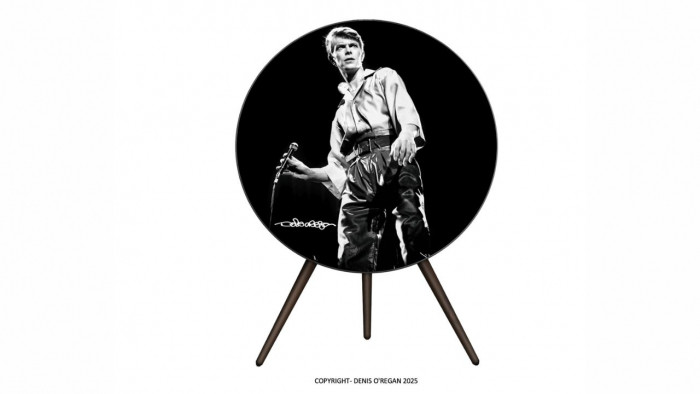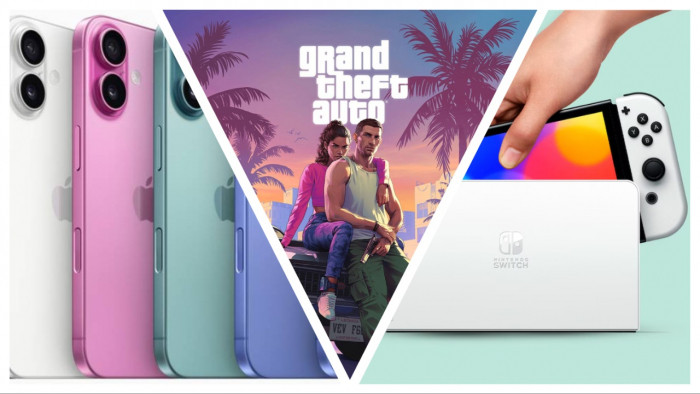The Oxford Dictionary's Word of the Year isn't even a real word
Ironically, we don't know whether to laugh or cry


On the one hand, this is ridiculous. On the other, it makes total sense. We don't know whether to laugh or cry.
Oxford Dictionaries - the umbrella organisation which features both the traditional print dictionary, as well as the online version - has announced that its word of the year is not actually a word. It's the emoji 'officially' known as "face with tears of joy" - aka the crylaugh emoji.
Obviously this 'word' is not even in the dictionary, which makes it something of a farce. But it can be justified in terms of the increasing proliferation of emojis in written communication. After all, a picture speaks a thousand words - and sometimes only the crylaugh emoji can illustrate that particular feeling of laughing at something - or yourself - a lot.
In many ways, it's superceded the lol, or the hahaha, as saying that you really, genuinely, are laughing at this thing, which is quite an achievement given the previous ubiquity of those terms.
Of course, the image does have its dangers - a Reddit user recently revealed that their mother had been using it wrongly, believing it was simply crying - posting it on a Facebook message of condolence for a friend who had passed away.
Casper Grathwohl, President of Oxford Dictionaries, said in a statement: "You can see how traditional alphabet scripts have been struggling to meet the rapid-fire, visually focused demands of 21st-century communication. It’s not surprising that a pictographic script like emoji has stepped in to fill those gaps -- it’s flexible, immediate, and infuses tone beautifully. As a result emoji are becoming an increasingly rich form of communication, one that transcends linguistic borders. When Andy Murray tweeted out his wedding itinerary entirely in emoji, for example, he shared a subtle mix of his feelings about the day directly with fans around the world. It was highly effective in expressing his emotions."
Meanwhile, EpicTimes suggested that the 'word' had triumphed over the terms 'Dark Web', 'on fleek', 'ad blocker', 'Brexit', 'lumbersexual', 'refugee', 'sharing economy', and 'they (singular)'.
Critics have suggested that the fact that the emoji may have different meanings in different cultures and places weakened its case for inclusion, while still others complain that there are multiple versions of it - for instance, the 'official' Unicode version of the emoji is below (the Apple version is the one we've used at the top of this article).
Well, you can't keep everyone happy, can you? _(ツ)_/¯









